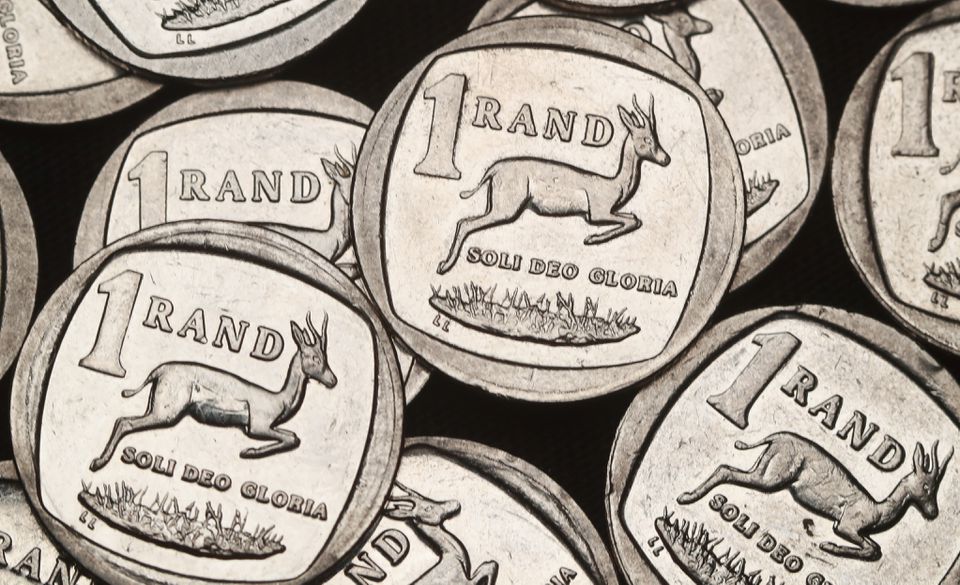

The South African rand firmed on Tuesday, boosted by strong commodity prices and confidence in the local economy, and ignoring the expected U.S. inflation data that could lend support to the Federal Reserve’s aggressive policy stance.
Investors also brushed aside comments from the South African Reserve Bank (SARB) that surging inflation could derail local economic recovery.
At 1545 GMT, the rand was trading at around 14.4852 against the dollar, half a percent stronger than its previous close.
U.S. inflation data is expected to show prices last month gained the most in more than 16 years, a Reuters poll of economists found, as the war in Ukraine drove gasoline prices to record highs.
The SARB, in its biannual review of its monetary policy stance, said increased price pressures could threaten South Africa’s economic recovery.
Local lender Nedbank Group (NEDJ.J) said the central bank did not provide any new information. Instead, it maintained its March view when it indicated that “growth is recovering albeit slowly and there are greater risks to inflation since end-Feb, which overall makes for a more hawkish narrative”.
The SARB hiked its main lending rate last month, citing risks to the inflation outlook from the war in Ukraine.
Shares on the Johannesburg Stock Exchange (JSE) slipped further into the red for a second consecutive day as equity traders continued to worry about the expected U.S. inflation numbers, analysts said.
“Everyone is worried about inflation. It is just weighing down on the market,” said Wayne McCurrie, portfolio manager with FNB.
Although investors and analysts have anticipated higher inflation and interest rates for some time, “the market has still not fully digested the extent of it”.
The benchmark all-share index (.JALSH) ended down 0.84% at 73,802 points and the blue-chip index of top 40 companies (.JTOPI) fell 0.93% to 66,780 points.
In fixed income, the yield on the benchmark government bond due in 2030 was down 2 basis points to 9.625%.